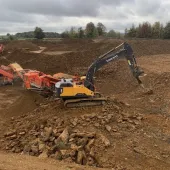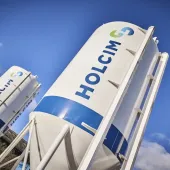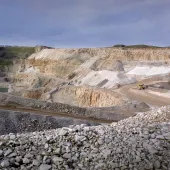Aggregates extraction outstrips replenishment again
BDS publish latest annual review on the state of aggregates replenishment in Great Britain
EVERY year since 2014 BDS have reported on the relationship between the rate at which primary aggregates are extracted and the rate at which they are replenished through the planning system. The latest report covering outputs and consents for 2022 reveals that neither sand and gravel nor crushed rock reserves permitted during the year were sufficient to replace the material dug out of the ground. This comes as no surprise given that not once in the last nine years has sand and gravel consented tonnage in a single year exceeded that extracted, whilst for crushed rock it has happened only once.
BDS are in the unique position of having reported on the outputs of every operational sand and gravel pit and crushed rock quarry in Great Britain and monitored minerals planning activity across each of the 400+ planning authorities for almost three decades.
The latest report goes on to analyse 51 planning consents during 2022 which between them resulted in around 104 million tonnes of new reserves. This is set against estimated outputs of close to 164 million tonnes, equating to an overall replenishment rate of 63% for the year or, in other words, for every three tonnes extracted, less than two tonnes were replaced via the planning system. The relative replenishment rates by product were 75% for sand and gravel and 59% for crushed rock. Further analysis shows how the replenishment of new reserves has evolved in the period 2014-2022 and provides trends for sand and gravel and crushed rock separately.
Also highlighted in the report is the geographical focus of these consents, which reveal that almost two-thirds of the new reserves were accounted for by just three regions – Wales, Scotland and Yorkshire and The Humber. In contrast, the top three regions in terms of new construction orders in 2022 were the South East, North West and South West.
BDS say this picture is not untypical when reviewing activity over the last nine years and is building into a greater issue each year, not only in terms of ensuring there are sufficient reserves to meet national demand in the long term, but also by continuing to present the industry with a problem in terms of transporting materials from source to market at a time when issues such as sustainability and decarbonization are, and will continue to be, key challenges to address.
Of key concern is the disconnect between the supply of aggregates in Great Britain and the demand for them from the construction industry not being addressed by government or the planning process, which has been voiced by BDS for several years. The latest annual iteration of the report shows the situation has worsened further in 2022. For more information, visit: www.bdsmarketing.co.uk










